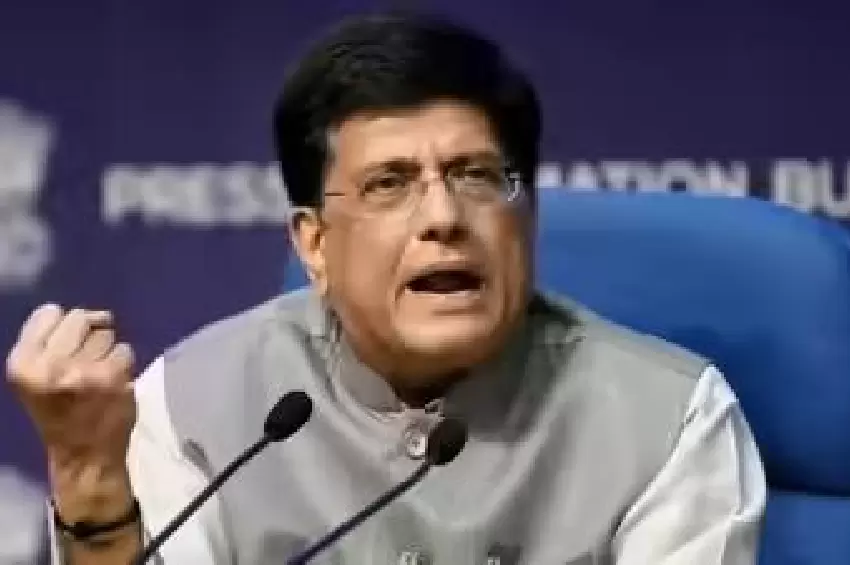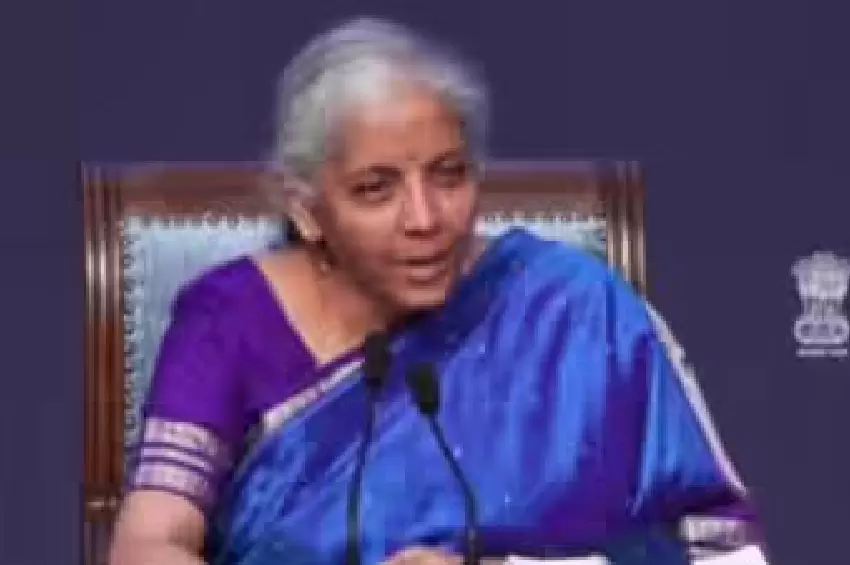US-UK Trade Deal: A Blueprint for India?
Amid ongoing negotiations for a bilateral trade deal between the US and India, the recent US-UK agreement has sparked discussions on the potential direction of tariffs and trade concessions. The deal, which reduces tariffs on British cars from 27.5% to 10%, leaves many wondering if the US will maintain a baseline tariff for several items without moving to zero duty.

Industry and government officials have been left in suspense, with no clear indications from the three or four rounds of discussions held since March. The US-UK deal, notably tilted in favor of the US, saw the UK slashing levies on over 2,500 items, while the US lowered duties on fewer than 100.
Strategic Commitments Over Full FTAs
According to Ajay Srivastava of GTRI, the deal suggests the US may prefer 'mini-deals' focused on tariff cuts and key strategic commitments rather than comprehensive Free Trade Agreements (FTAs). This approach could pressure India to reduce tariffs on sensitive agricultural products and automobiles, mirroring concessions made in the UK agreement.
Furthermore, the deal introduces the concept of tariff quotas, allowing a specified quantity of goods to enter at lower tariffs. This, coupled with potential non-tariff top-ups like increased orders for Boeing aircraft, indicates a multifaceted approach to trade negotiations.
What This Means for India
The implications for India are significant, with expectations to import more LNG from the US and increase defense and aircraft orders. The US-UK deal may indeed set a template for future agreements, emphasizing strategic concessions over broad tariff eliminations.









Comments